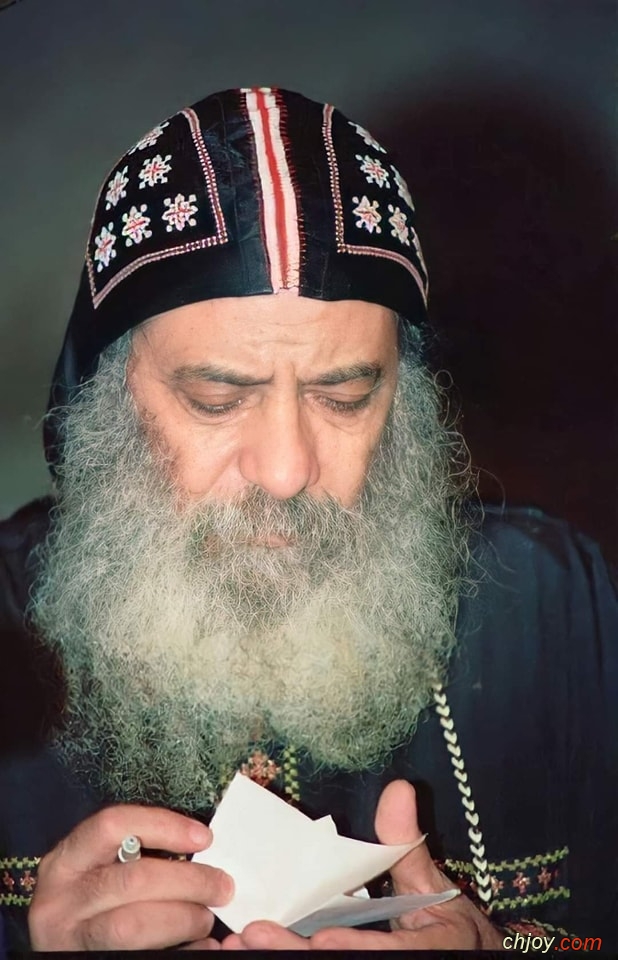
 |
 |
 |
 |
|
رقم المشاركة : ( 1 )
|
|||||||||||
|
|||||||||||
 Pope Shenouda III Forward We are in an age in which Ecumenical work and attempts towards the recovery of the Christian Unity have flourished. The meetings between the Churches, in councils, conferences and symposiums have increased, and the fields of co-operation and co-working have multiplied. However, unity is in a much higher level than cooperation. The Christian Unity should be built on the foundation of the “One Faith”. Thus began the theological discussions between the Churches. This book in your hands is a step in this theological discussion between our brethren the Protestants and us. Our brethren the Protestants comprise numerous denominations. There are partial variances between them, but as a whole they are enclosed within one frame. We will try in an atmosphere of love to discuss the points they have in common. Here we do not include our brethren the Anglicans, as most of the topics in this book apply to other denominations of the Protestant Church. In our discussion we have taken care to depend exclusively upon the Holy Bible, quoting none of the sayings of the Church Fathers or Tradition. We shall speak with absolute frankness in handling the points of variance between Protestantism and Orthodoxy. We shall analyse them and see the opinion of the Holy Bible on them. This book is the first volume of our discussion. It will be followed by others to cover the remaining points of difference, with the aspiration that this may bring us to a dogmatic and intellectual understanding. We are prepared to reply to all the comments that we may receive. Lastly, we pray that the Lord may preserve our discussion in the atmosphere of love of which we are circumspect. August, 1988 Pope Shenouda III . |
|